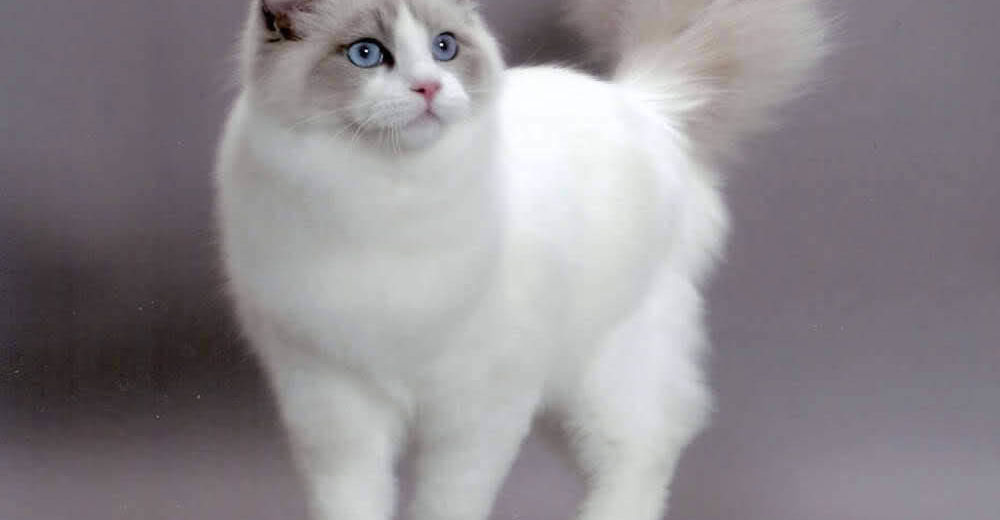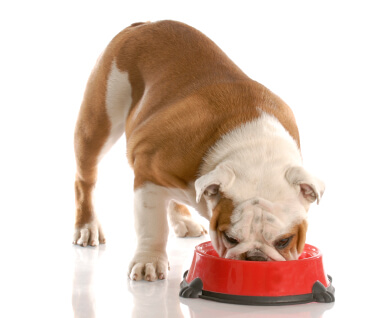Better pet nutrition means that more cats are now living to older ages. Cats who are over 10 years are considered to be ‘senior’ and those near or over 15 are considered ‘geriatric’. Just as with ‘senior’ or ‘geriatric’ people, old age brings changes in the body and, often, health conditions.
Older cats often suffer from stiff joints. This can be because they become less active, which leads to reduced muscle tone, which in turn leads to a lack of exercise, which then causes stiff joints. Reduced mobility can also lead to a reduced water intake, even though older cats usually need to have more water because they have reduced kidney function.
When it comes to pet foods, older cats also tend to eat less because their appetite is reduced. This is because their senses of taste and smell usually deteriorate as they get older, meaning that they are inclined to eat less. They may also have teeth problems which put them off eating. Bowel issues can frequently be a problem, which means that the nutrients in foods are not absorbed as well, leading to weight loss.
When choosing a diet for your older cat, go for foods which have a high water content (and make sure you also provide plenty of fresh drinking water). Also choose foods which help to improve dental health, such as dry biscuits. You may also find that providing smaller meals more frequently encourages your cat to eat more. For specific health conditions, consult with your vet about which pet foods are best.


